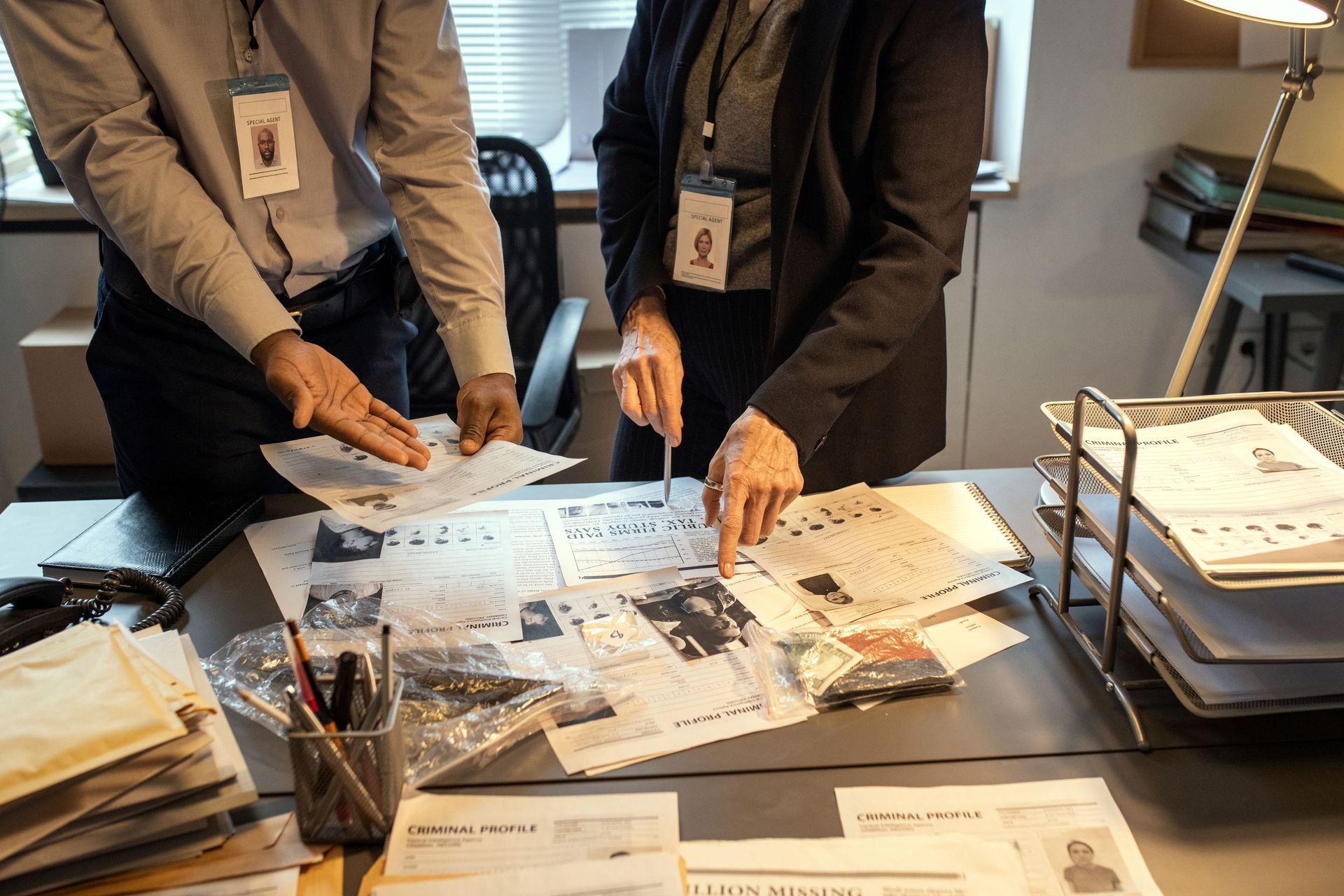Reporting and Investigating Sex Crimes: What You Need to Know
Reporting and investigating sex crimes is a critical step in addressing and preventing these heinous offenses. However, it is a complex process that poses significant challenges for survivors. This article provides important information about reporting and investigating sex crimes, highlighting the barriers survivors face and the support available to them.
The Decision to Report
Survivors of sex crimes often face numerous barriers when deciding whether to report the incident. Fear, shame, stigma, and concerns about the criminal justice process can deter survivors from coming forward. However, it is crucial to emphasize that reporting can lead to justice, support, and the prevention of future crimes. Survivors should be aware of the available support resources, including victim advocacy organizations, counseling services, and legal assistance.
Initial Steps and Evidence Preservation
After experiencing a sex crime, survivors should seek immediate medical attention to address any physical injuries and preserve crucial evidence. It is essential to refrain from washing, changing clothes, or tampering with the crime scene to ensure the integrity of forensic evidence. Documentation, such as photographs of injuries, can also be valuable in the investigation process.
Law Enforcement Involvement
Survivors have the option to contact law enforcement to initiate the investigation process. When survivors interact with law enforcement, they can expect to provide detailed statements about the incident. Victim-centered approaches emphasize sensitivity, respect, and support throughout the interview process.
Investigation Process
Law enforcement agencies play a vital role in investigating sex crimes. They gather evidence, interview witnesses, and utilize forensic science techniques to strengthen the case against the perpetrator. Survivors should be prepared for potential delays during the investigation process as law enforcement agencies work diligently to collect evidence.
Role of Support Services
Survivors of sex crimes benefit greatly from accessing support services. Victim advocacy organizations provide emotional support, guidance through the legal process, and assistance in accessing necessary resources. Counseling services are crucial for addressing the trauma experienced by survivors, promoting healing, and facilitating recovery. Legal assistance ensures that survivors understand their rights and options throughout the investigation and legal proceedings.
Challenges and Considerations
Reporting and investigating sex crimes present significant challenges. Survivors may experience trauma-related symptoms and hesitancy to engage with the criminal justice system. Special populations, such as minors, individuals with disabilities, and members of vulnerable communities, require tailored approaches and additional support. Recognizing the intersectionality of identities and the importance of cultural sensitivity is crucial in addressing the unique challenges faced by different communities.
Legal Proceedings
The decision to prosecute a sex crime rests with the prosecutor's office, based on the available evidence and the survivor's willingness to testify. Survivors should be prepared for the trial process, which involves providing testimony and potentially facing cross-examination. Victim protection measures, such as anonymity and courtroom support, aim to minimize retraumatization and ensure a fair trial.
Collaboration with Prosecutors
Survivors should collaborate closely with prosecutors throughout the legal proceedings. Prosecutors guide survivors through the process, explain their rights, and consider their preferences and concerns. Building a trusting relationship with the prosecutor facilitates effective communication and ensures the survivor's needs are addressed.
Conclusion
Reporting and investigating sex crimes are vital steps in addressing these offenses and supporting survivors. It is crucial to encourage survivors to come forward and provide them with the necessary resources and support. Continuous improvement in investigation processes, including victim-centered approaches and trauma-informed practices, is essential to promote justice and foster a supportive environment for survivors. By prioritizing victim-centered approaches, society can work towards eradicating sex crimes and creating safer communities.
When it comes to reporting and investigating sex crimes, the professional lawyers at
Hanlon Law can help. If you live in Orlando or in the surrounding areas, consider
visiting our website to learn more about your rights.












